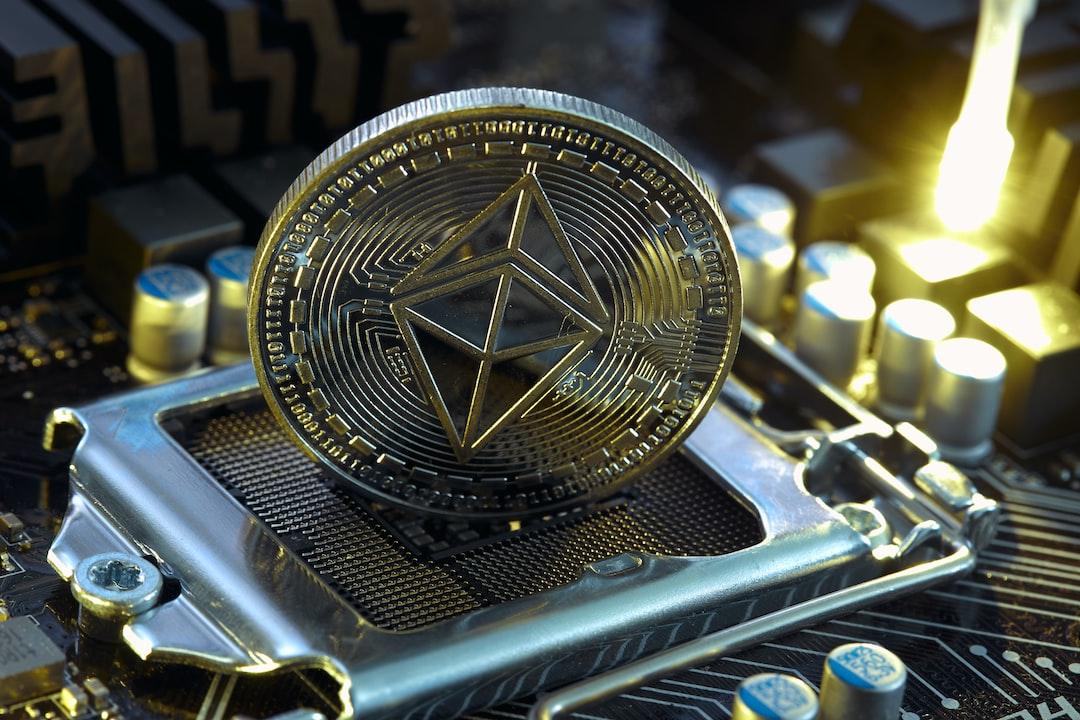The world of NFTs has seen a surge in popularity, revolutionizing the way we engage with digital assets. From captivating artwork to exclusive collectibles, NFTs offer a unique ownership experience in the digital realm. However, navigating this exciting landscape can be daunting, especially when choosing the right platform to buy, sell, or explore the diverse offerings. Here is your comprehensive guide to the different types of NFT marketplaces, empowering you to navigate this dynamic field with confidence.
1. Universal NFT Marketplaces: The All-Encompassing Emporiums
These platforms act as bustling town squares in the NFT world, providing a wide selection of NFTs across various categories. Think of them as giant shopping malls offering everything from designer clothing NFTs to rare digital trading cards. Key characteristics include a wide variety of NFTs, accessibility for creators and collectors, and powerful search and filtering tools. Examples include OpenSea, Rarible, SuperRare, and LooksRare.
2. Niche NFT Marketplaces: Catered Collectibles and Curated Creations
These platforms focus on specific NFT categories, offering a more curated experience. Targeted selection, community-driven interactions, and stricter entry requirements are common features. Examples include NBA Top Shot, Foundation, and The Sandbox.
3. Auction-Based NFT Marketplaces: Bidding Wars and Rarities
These platforms operate like high-stakes auction houses, showcasing coveted NFTs for collectors to bid on. Thrilling bidding experiences, a focus on rarity, and higher entry points characterize these marketplaces. Examples include MakersPlace and KnownOrigin.
4. Play-to-Earn NFT Marketplaces: Blending Gaming and Ownership
These platforms merge play-to-earn games with NFT marketplaces, allowing players to buy, sell, and trade in-game items represented as NFTs. Integration with games, focus on utility, and the evolving nature of the space are key aspects. Examples include Axie Marketplace, Binance NFT, and OpenSea.
5. Metaverse NFT Marketplaces: Building Your Virtual World
As the concept of the metaverse grows, NFT marketplaces emerge to facilitate the buying and selling of virtual assets like land parcels and avatars. Virtual land ownership, avatar fashion, and the early stage of development are notable features. Examples include Decentraland Marketplace and The Sandbox Marketplace.
Decoding the NFT Bazaar: Choosing the Right Marketplace for You
The NFT marketplace landscape is vast, with platforms catering to various interests. Understanding your motivations, the types of NFTs you’re interested in, fees and costs, security measures, and platform features are crucial in selecting the right marketplace for your needs. By delving into these considerations, you can embark on a fulfilling NFT journey tailored to your preferences and goals.



